Supreme Court Bars Green Cards within the U.S. for TPS Holders Who Entered Without Inspection
On June 7th, the U.S. Supreme Court issued a unanimous decision that bars immigrants with Temporary Protected Status (TPS) from obtaining a green card within the United States if their initial entry into the country was not authorized. In other words, immigrants who did not go through inspection before entering the United States are not eligible to receive a green card in the United States, even if they were granted TPS while residing in the country.
"The question here is whether the conferral of TPS enables him to obtain LPR [Legal Permanent Residency] status despite his unlawful entry. We hold that it does not," Supreme Court Justice Elena Kagan wrote in the ruling for the case. The case, Sanchez v. Mayorkas, was brought by Jose Santos Sanchez, a Salvadoran immigrant who brought suit after being denied the ability to adjust his status to that of a lawful permanent resident.
The ruling would not prevent individuals who entered the U.S. with a visa and overstayed from adjusting their status but would prevent those who entered without inspection at the border from being eligible for a green card within the United States.
The case has the potential to impact tens of thousands of TPS holders, preventing them from applying for adjustment of status and obtaining a green card while they reside in the United States. According to the Congressional Research Service, an estimated 320,000 immigrants with TPS are in the United States. This includes immigrants from Burma, Haiti, El Salvador, Nepal, Honduras, Somalia, Syria, Sudan, South Sudan, Nicaragua, Yemen, and Venezuela. Immigrants from these twelve countries are currently able to apply for TPS, allowing them to reside in the United States.
The ruling is a significant blow to immigrants who have resided in the U.S. – in many cases for decades – and are part of mixed-status families. The court's ruling, focused on the technical requirement of being “lawfully admitted” as a prerequisite to being able to adjust status, ignores humanitarian and practical considerations for individuals who cannot safely return to their homeland.
In an interview with the Associated Press, Lisa Koop, a lawyer with the National Immigrant Justice Center, underscored the dire circumstances faced by those with TPS. “All of these families that are established in the United States and have lived in our communities for decades faced a very real threat.”
Ultimately, the ruling leaves tens of thousands with TPS in limbo, having been denied a permanent status yet unable to return to their home countries. As a result, it may be up to Congress to legislate a pathway for TPS holders to obtain permanent residency. A bill to address this issue, the American Dream and Promise Act, has been passed by the U.S. House of Representatives but faces an uncertain future in the U.S. Senate.
Erika Andiola, the San Antonio-based non-profit Refugee and Immigrant Center for Education and Legal Services chief advocacy officer, or RAICES, called the ruling disappointing in an interview with the Texas Tribune.
“What makes the ruling even more egregious is that the vote was unanimous,” she said in a statement. “TPS holders came to the U.S. because of unsafe conditions in their native countries, and this ruling prevents them from making a true home here. We call on Congress and the Biden administration to keep their promise and create a pathway toward citizenship for all TPS holders.”
This decision may still allow TPS holders to obtain a green card by leaving the United States, in a process referred to as consular processing. However, each case must be analyzed to determine what each individual qualifies for. In order to understand exactly what legal options you may have in this case, it is important to consult with an attorney or qualified immigration expert.
